According to Sutton's book - Reinforcement Learning: An Introduction, the update equation of Network weights is given by:
where et is the eligibility trace.
This is similar to a Gradient Descent update with an extra et.
Can this eligibility trace be included in the tf.train.GradientDescentOptimizer in TensorFlow?
